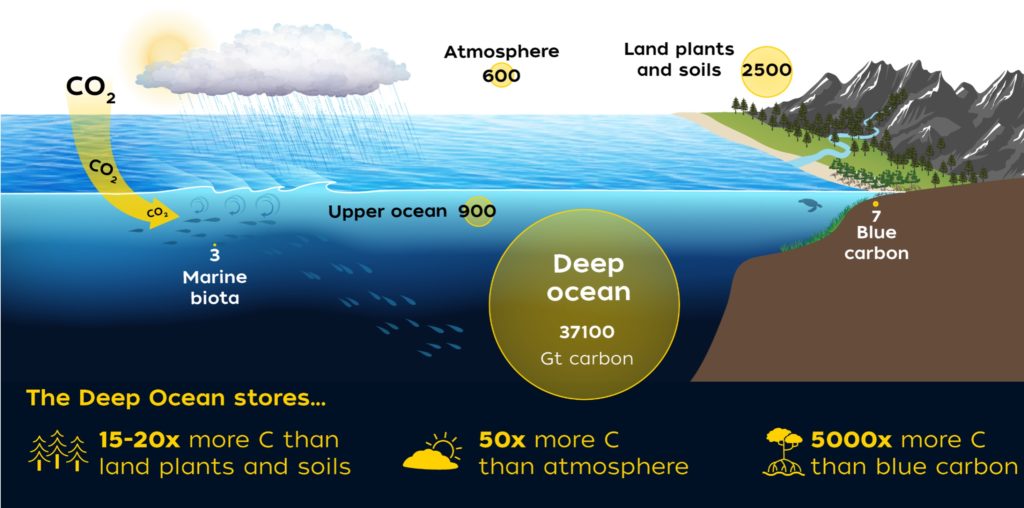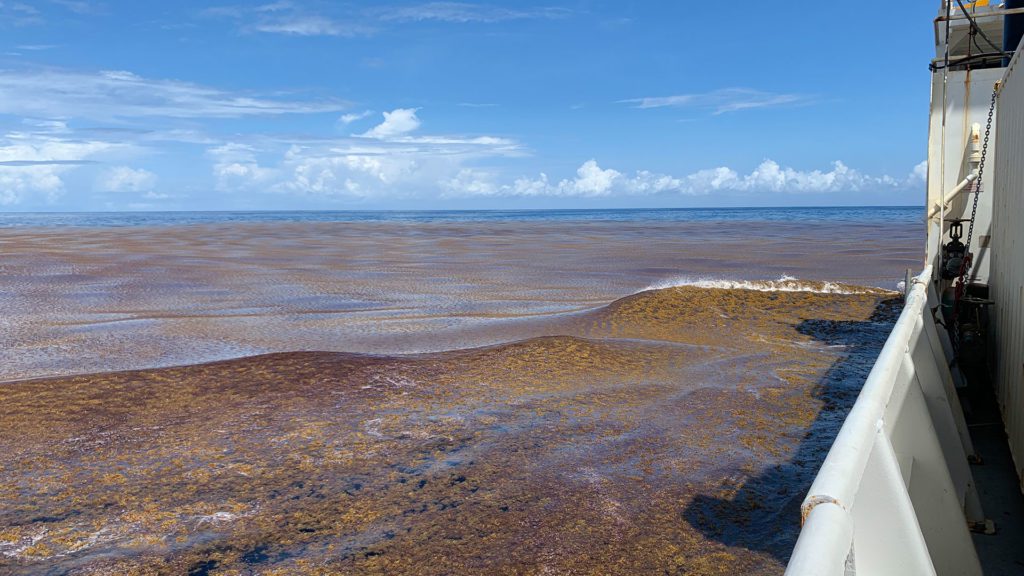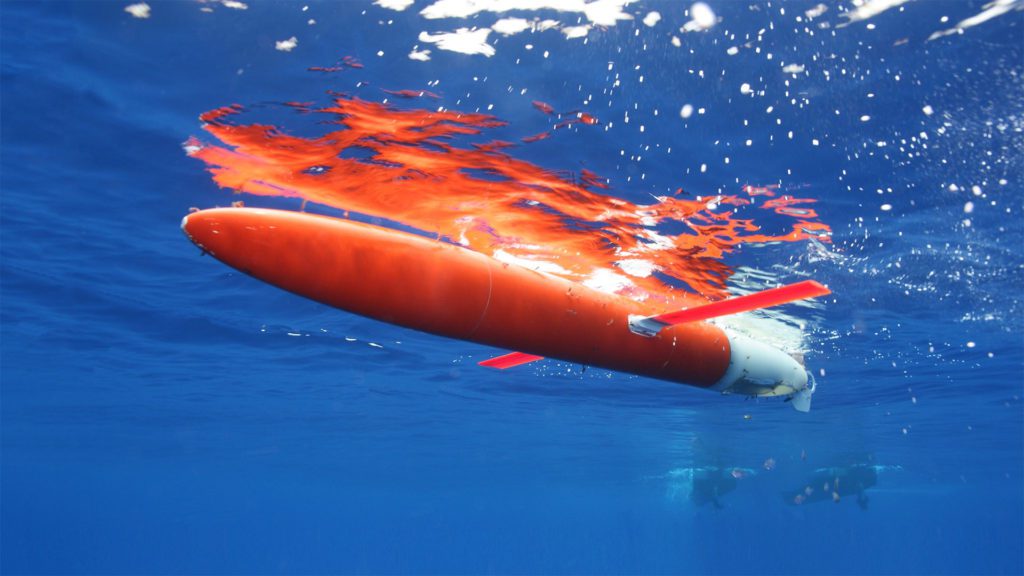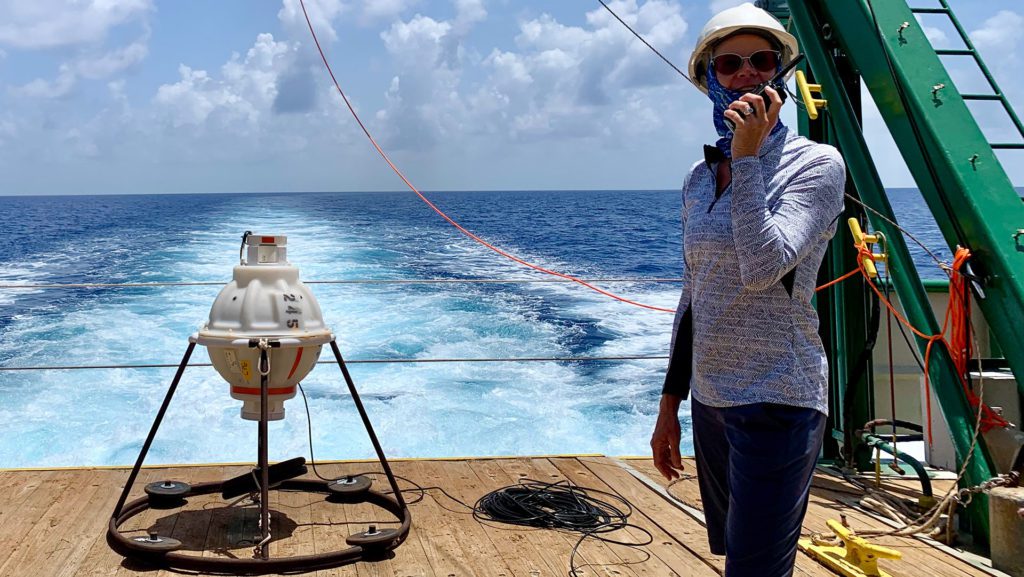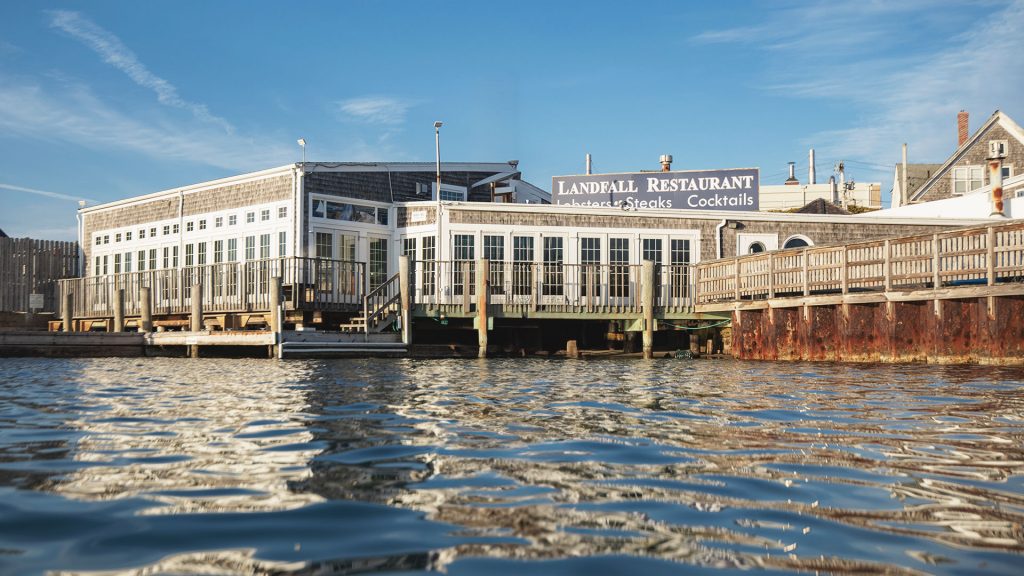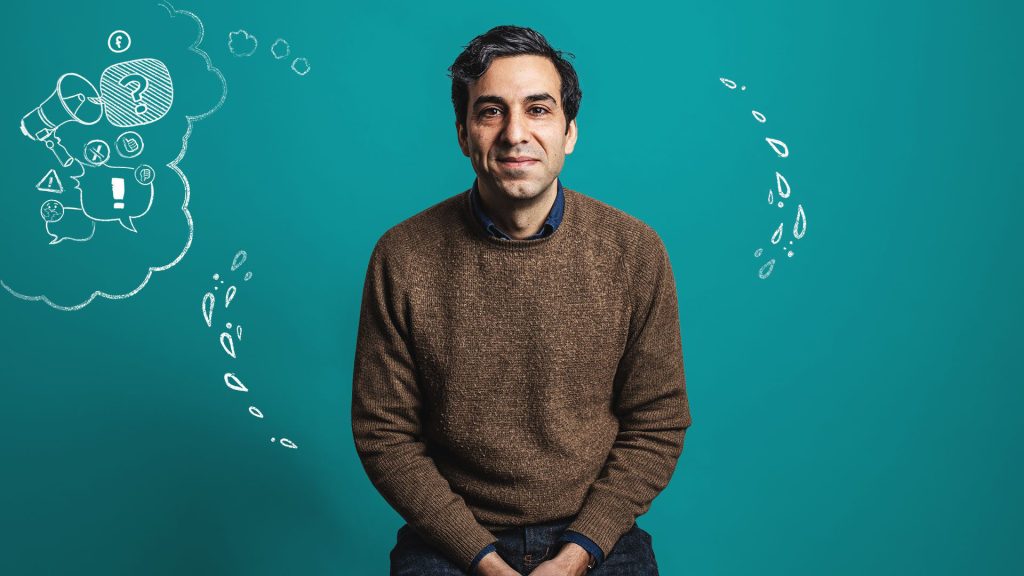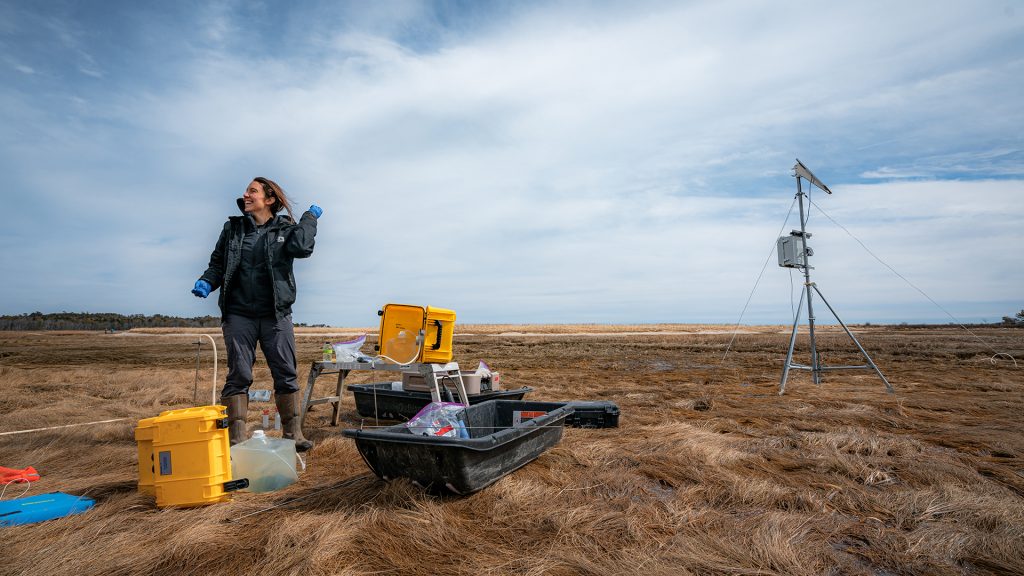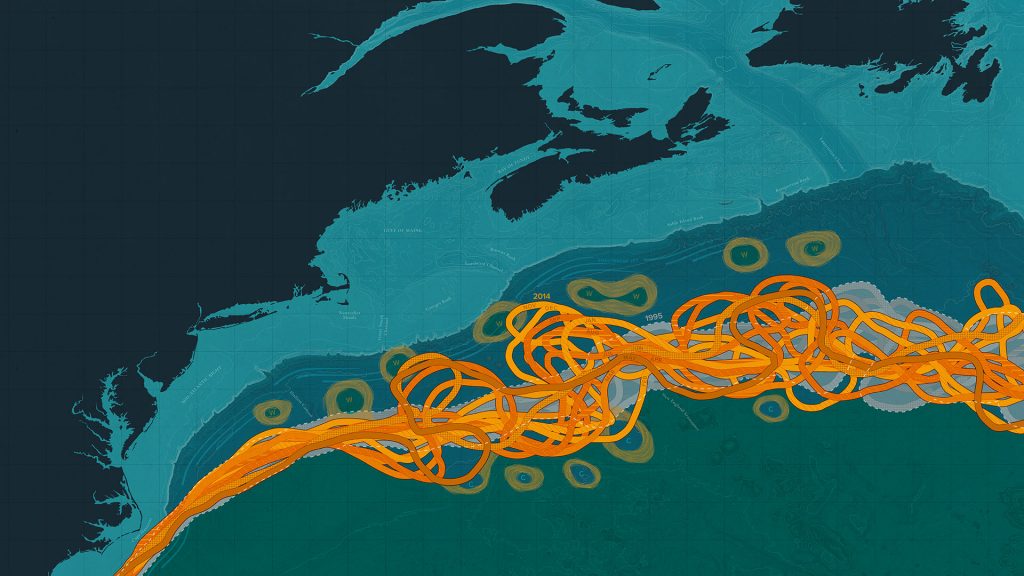Raising Awareness
News
NEWS RELEASES
Woods Hole Oceanographic Institution receives $8.5 million in Department of Energy funding for mCDR research
Woods Hole, Mass – The U.S. Department of Energy today announced Woods Hole Oceanographic Institution (WHOI) is one of the ten organizations selected for funding to accelerate the development of marine carbon dioxide removal (mCDR) technology. mCDR techniques take advantage of the ocean’s natural ability to take up carbon dioxide from the atmosphere and store it for long periods of time. Together with emissions cuts and other carbon dioxide removal methods, mCDR techniques have the…
Interactive Climate Tour Opens in Woods Hole
A diverse group of community members, local businesses, government officials, and science institutions came together yesterday to officially launch a self-guided climate walking trail in the village of Woods Hole. The ResilientWoodsHole (RWH) Climate Walking Trail opened to the public with a ribbon cutting ceremony at the Woods Hole Waterfront Park.
Study Clearly Identifies Nutrients as a Driver of the Great Atlantic Sargassum Belt
Findings could lead to locating nutrient sources and providing management options
New Study Finds That the Gulf Stream is Warming and Shifting Closer to Shore
WHOI scientists document changes in the Gulf Stream using two decades of measurements from Argo floats and Spray underwater gliders Woods Hole, MA (Oct. 9, 2023) – The Gulf Stream is intrinsic to the global climate system, bringing warm waters from the Caribbean up the East Coast of the United States. As it flows along the coast and then across the Atlantic Ocean, this powerful ocean current influences weather patterns and storms, and it carries…
New Study Definitively Confirms Gulf Stream Weakening
The Gulf Stream – which is a major ocean current off the U.S. East Coast and a part of the North Atlantic Ocean circulation – plays an important role in weather and climate, and a weakening could have significant implications.
WHOI | OCEANUS
Cold, quiet, and carbon-rich: Investigating winter wetlands
A hydrologist takes on a groundbreaking study to understand how groundwater moves through New England salt marshes in the winter.
Publications
IN THE NEWS - RESEARCH HIGLIGHTS
Study offers first definitive proof that Gulf Stream has weakened
“New research from the Woods Hole Oceanographic Institution offers the first conclusive evidence that the Gulf Stream has weakened. The powerful ocean current off the East Coast influences regional weather, climate and fisheries, and the finding could have significant implications both for New England and the global climate.”
What Happens to Marine Life When There Isn’t Enough Oxygen?
In September of 2017, Woods Hole Oceanographic Institution postdoctoral scholar Maggie Johnson was conducting an experiment with a colleague in Bocas del Toro off the…
Maine’s having a lobster boom. A bust may be coming.
The waters off Maine’s coast are warming, and no one knows what that’s going to mean for the state’s half-billion-dollar-a-year lobster industry—the largest single-species fishery in North America. Some fear that continued warming could cause the lobster population to collapse. To understand what’s happening to the ecosystem of the Gulf of Maine, says Glen Gawarkiewicz, an oceanographer at Woods Hole Oceanographic Institution, in Massachusetts, you have to look beyond it—see how it’s affected by the atmosphere, ocean currents, and rivers that flow into it.

